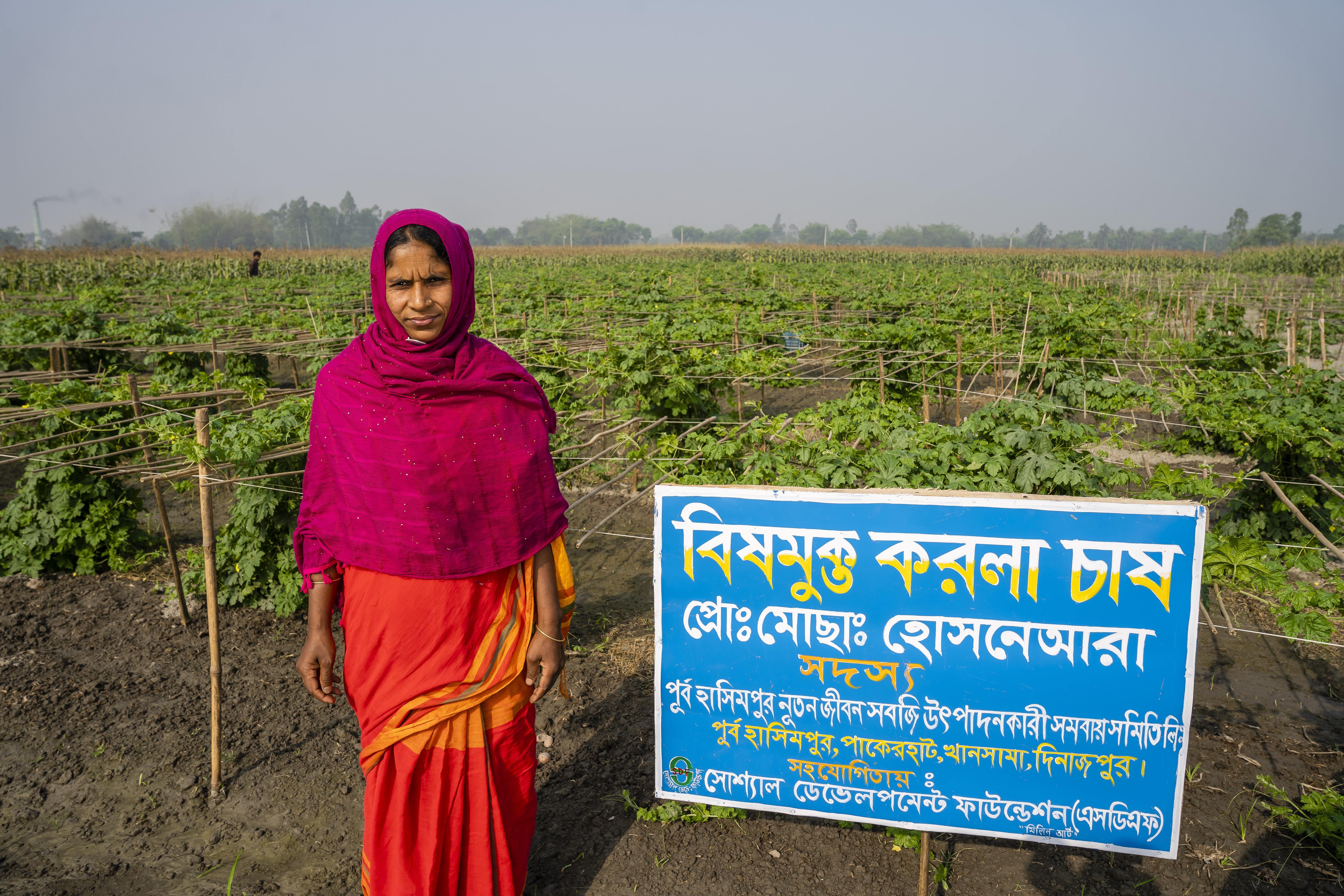SDF’s Livelihood Development initiatives are central to poverty reduction in rural Bangladesh, providing sustainable income-generating activities (IGAs) that diversify household incomes and enhance economic resilience. Through programs in agriculture, aquaculture, poultry, handicrafts, and small businesses, SDF helps communities transition from subsistence farming to more profitable ventures. With financial support from Village Development Funds (VDF) and technical training, SDF empowers local producers, particularly women, boosting income, food security, and economic independence. These efforts foster long-term development, reducing vulnerability and promoting community prosperity.
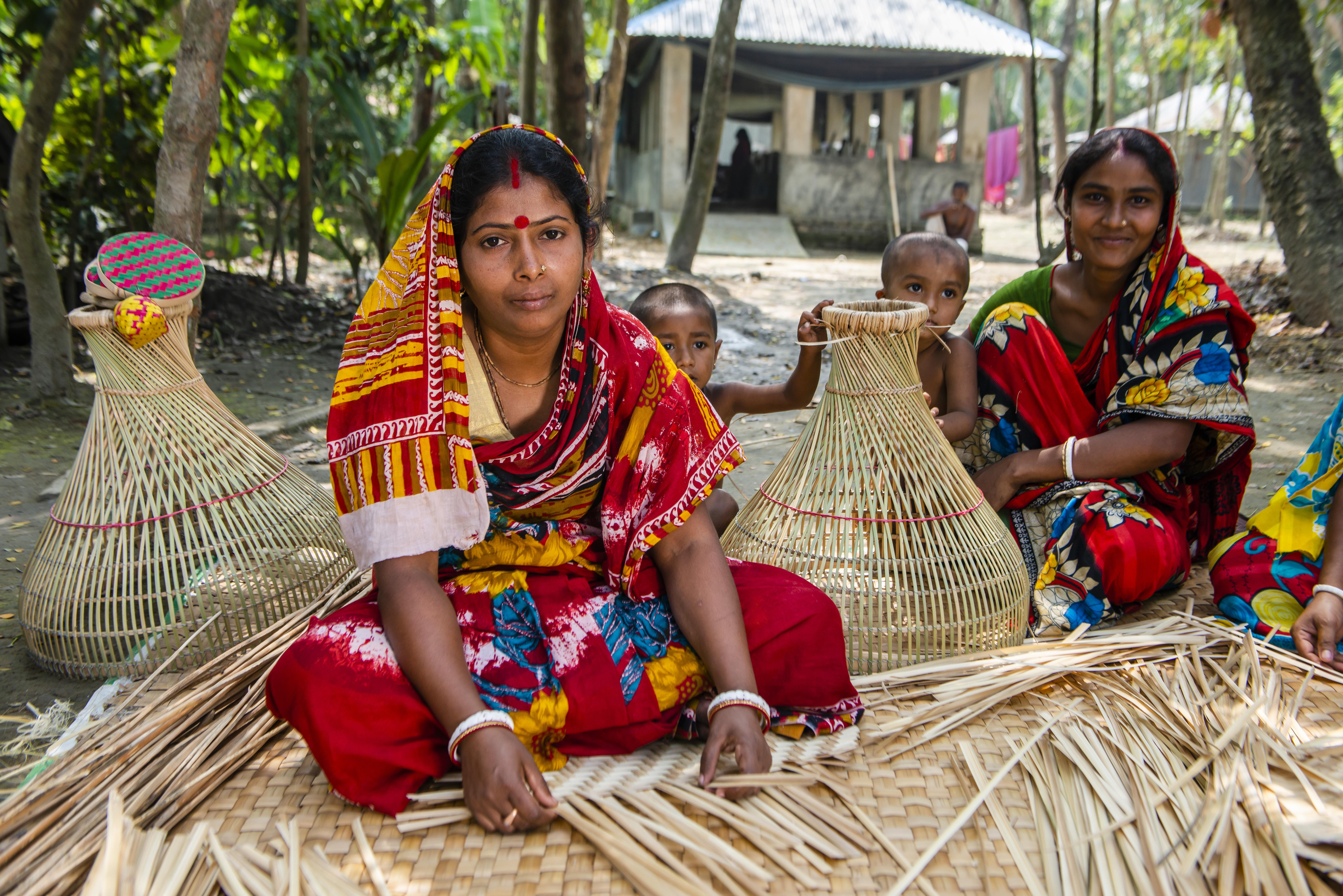
Livelihood Improvement
The Livelihood Development component of SDF's work is essential to achieving poverty reduction in rural Bangladesh. SDF provides communities with sustainable income-generating activities (IGAs) that improve household incomes and ensure long-term economic stability. The foundation implements its livelihood programs through projects like the Nuton Jibon Livelihood Improvement Project (NJLIP) and the Social Investment Program Project (SIPP), aiming to diversify the income streams of rural households and build their economic resilience.
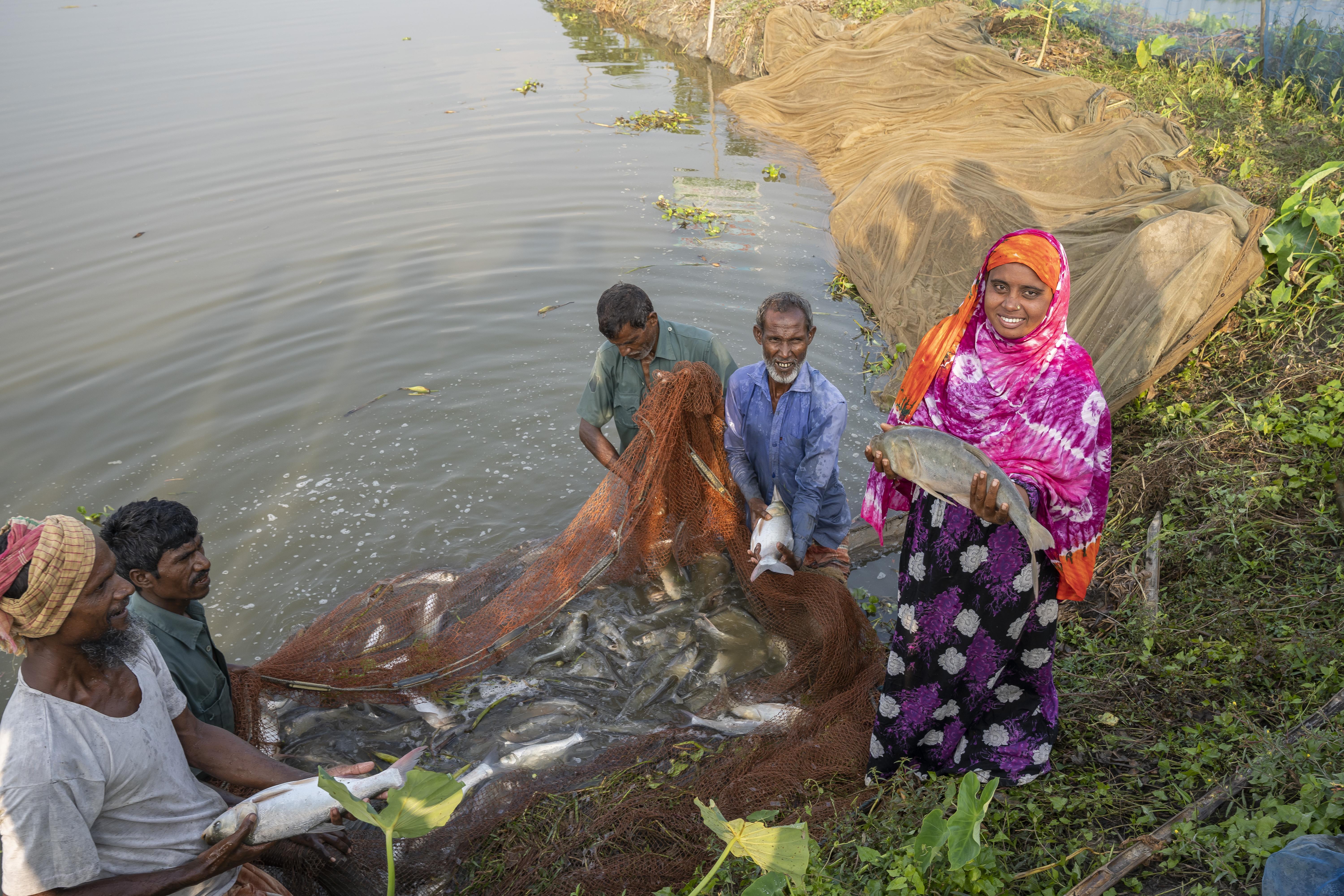
SDF's livelihood interventions span various sectors, including agriculture, aquaculture, poultry farming, handicrafts, and small-scale enterprises. Through these initiatives, households can move beyond subsistence farming to more diversified and profitable livelihoods, which, in turn, reduces economic vulnerability. The introduction of Village Development Funds (VDF), Revolving Funds (RF), and Livelihood Assistance Funds (LAF) enables communities to access microfinance needed for starting or expanding businesses. This financial support, combined with technical training programs, equips community members with the skills and knowledge they need to maximize their productivity and earnings.
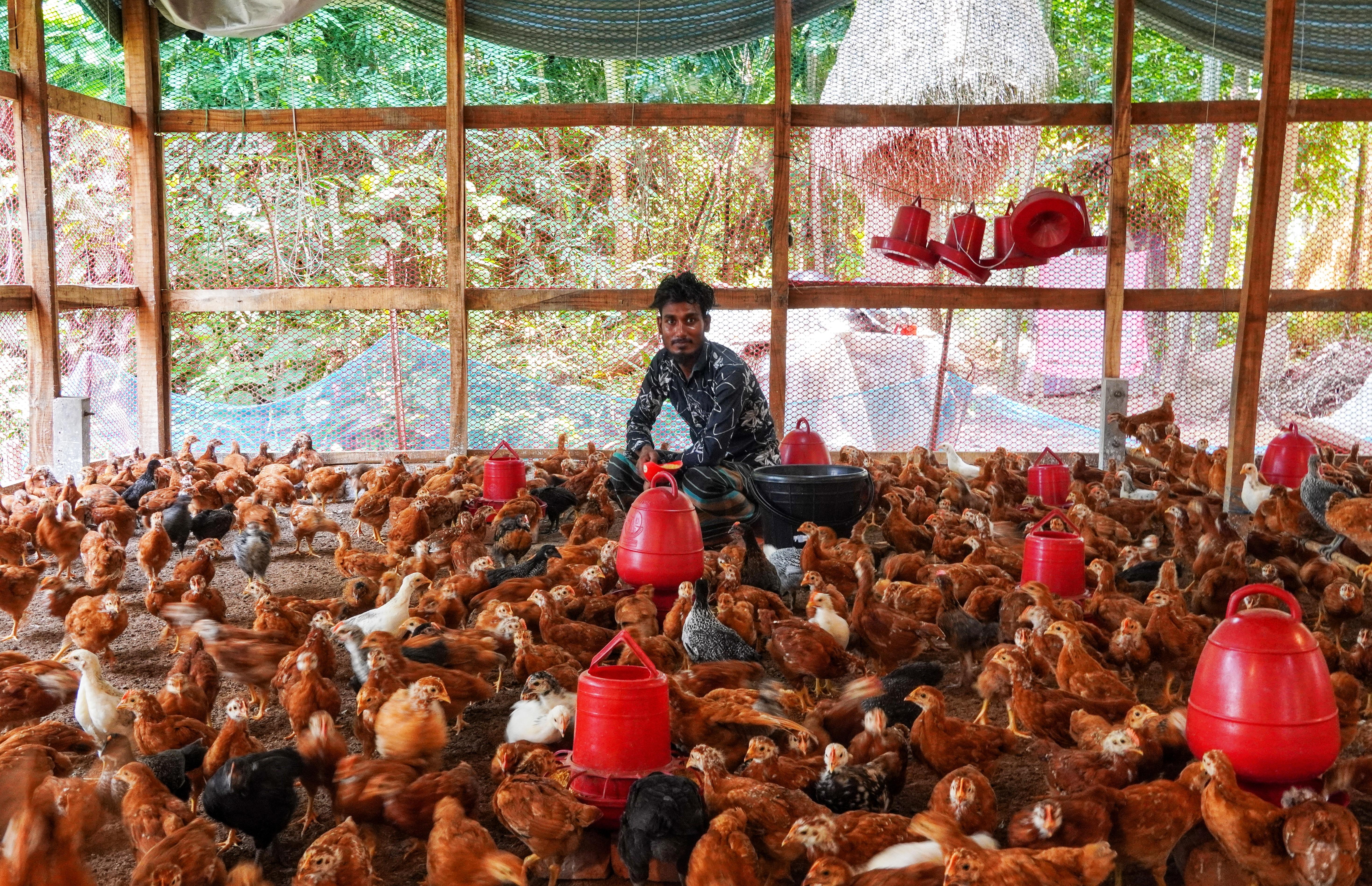
SDF also plays a pivotal role in forming producer groups, which help small-scale producers link to broader markets. By doing so, these groups are able to scale up their operations, negotiate better prices, and improve their income potential. These market linkages also promote collective bargaining, which enhances the overall economic position of small producers within the value chain.
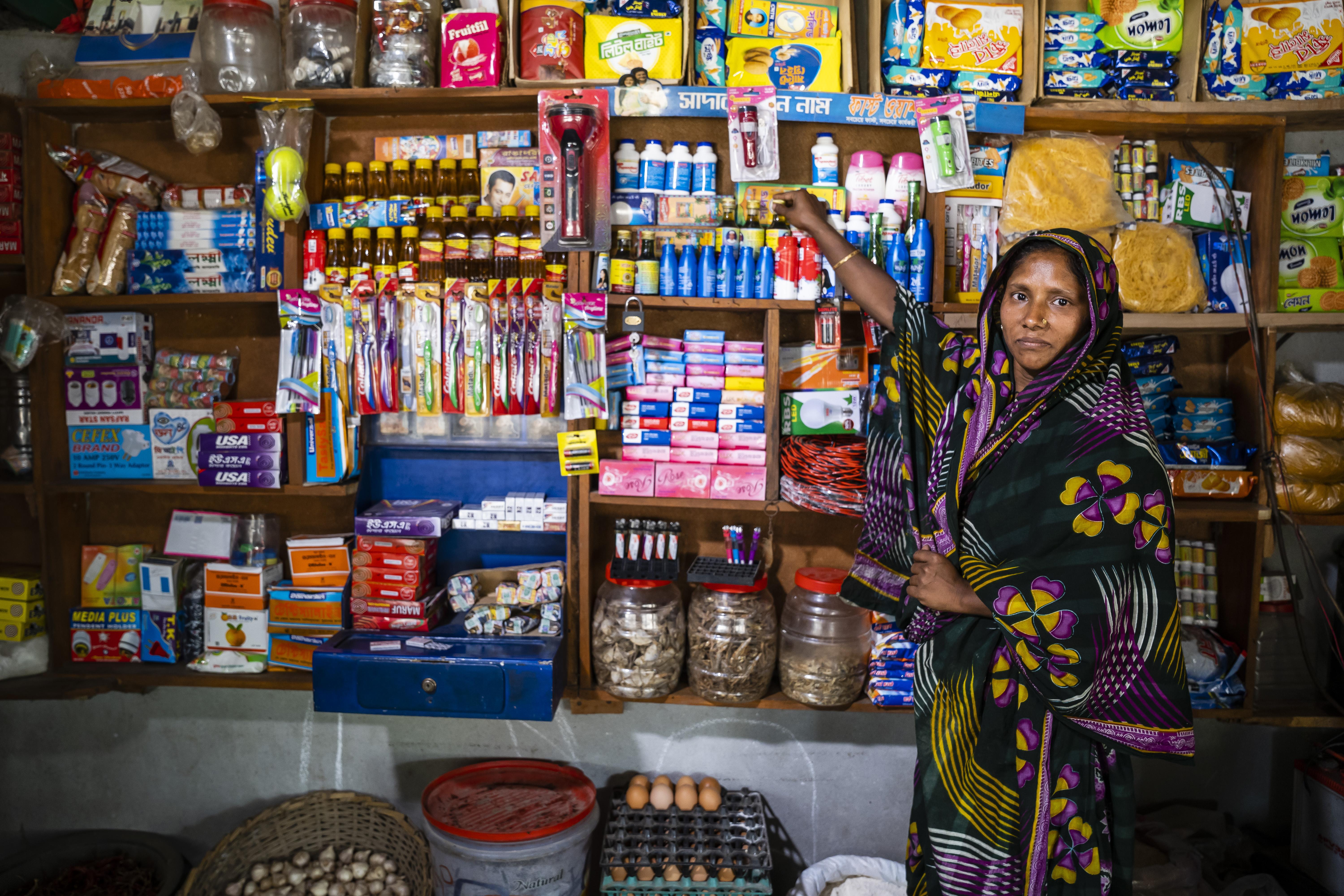
The outcomes of SDF’s livelihood programs have been significant in terms of household income growth and economic independence. By the end of key projects, such as NJLIP, around 50% of the targeted households saw a 50% increase in income. This improvement in household income has directly translated into enhanced food security, better access to healthcare, and education opportunities for children in these communities. Furthermore, SDF’s focus on promoting women’s empowerment through its livelihood programs has resulted in many women, who previously had limited economic roles, gaining financial independence and leadership positions in their households and communities. Women now play a pivotal role in driving both economic growth and social change in their villages. The economic empowerment fostered by SDF has not only reduced poverty but has also contributed to long-term sustainable development, with many rural communities thriving economically long after the project’s completion.
